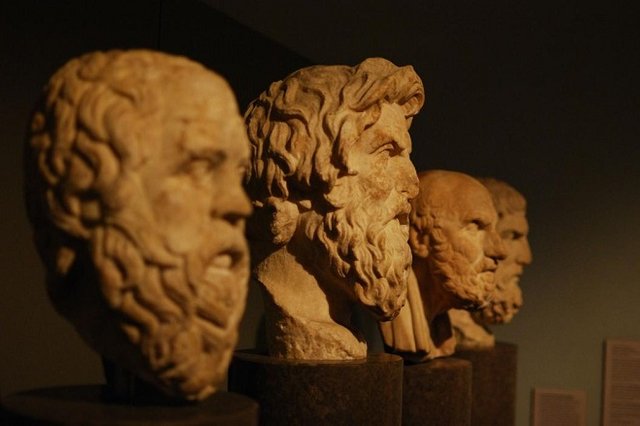Supernatural truth and cognitive process /part 6/
Through the gaping crevices of the human mind can be seen the azure of eternity. . "This poetic and figurative definition belongs to the all-encompassing and exceptionally original candle gift. Pavel Florenski (1943). It is an expression of the fact that the rationale of formal logic "bursts and collapses" into the dialectical element of contradictions revealing the outlines of new aspects of being and the meaning of a reality of higher cognitive degree in the quest to encompass multiply the infinite diversity of the world in which we exist. That is why, in the realm of supernatural truth, as the truth of the ultimate gradation, the contradictions that formal-logical thinking leads to disappear and disappear. As an ideal limit, where contradiction is resolved - considers a candle.
Florenski - we put down the dogma. For reason, it is formal and only in blessed condition, when the soul is filled with the juice of life, it becomes a proof of Truth. Being a regulatory norm for reason, dogma is a truth, an intuitive given to the grace cleansed in perceiving the Revelation. For reason, dogma is a categorical imperative requiring: "You are obliged to think so! . . . "Despite the apparent influence of Kant, a candle. Florenski formulated in his own and original way a number of his views. Dogma as an object of faith necessarily involves the rational antinomy. ie opposing the thesis and antithesis, which excludes the possibility of their logical solution. If there is no antinomy, a candle solid. Florenski - the rational situation is unjustified. . . Anthony, this is the constituent element of religion if it is thoughtful about it. The thesis and antithesis, as a foundation and essence, are the very fabric of the religious experience. Where there is no antinomy, there is no faith. The main and the original candle. Florenski, summed up, is as follows: attempts to think and formulate supernatural truth are necessarily linked to the initial level of knowledge - the formal-logical. The antinomicity of the ratio "formal logic - supernatural truth" finds its superlogical solution in perceived Divine revelation as an act of faith.
In the critical analysis of the views considered so far, Orthodox theological thinking poses the following questions: Is the supernatural truth based on the personal attitude "God - the concrete man" existential in character? Does this mean that it is a postulate or truth "a priori"? Is the way to God the way of reason? Whether the evidence of reason will put man on his knees before God and will force Him to accept Him necessarily (because logic proves this in an indisputable way), or God as a fateful alternative in life requires the free self-determination of the person. Is the "light of natural reason" secondary, and does it need the extra gloss of the supernatural truth to enlighten the depth of being in its fullness? What are the ways in which the believing consciousness moves through the thorny path of logical contradiction and the impossibility of absurdity to the blessed and saving reality of the God-willed truth? What is behind the attempts to express the Ineligibility with the language of symbols or the theories of the "secret" (the cipher), that mysterious trace of the Logos contained in our surrounding reality? The controversy about the knowledge of the world or the inability to adequately and fully know our surrounding reality / agnosticism / is not a theological issue. What are the criteria of truth and whether sensualism, empiricism or rationalism are in the basis of true knowledge, also in some cases is not the subject of theology.

dogma is a categorical imperative requiring: "You are obliged to think so!
100% agree, need "faith" and believe in milagres, explaining something supernatural in terrenal words.